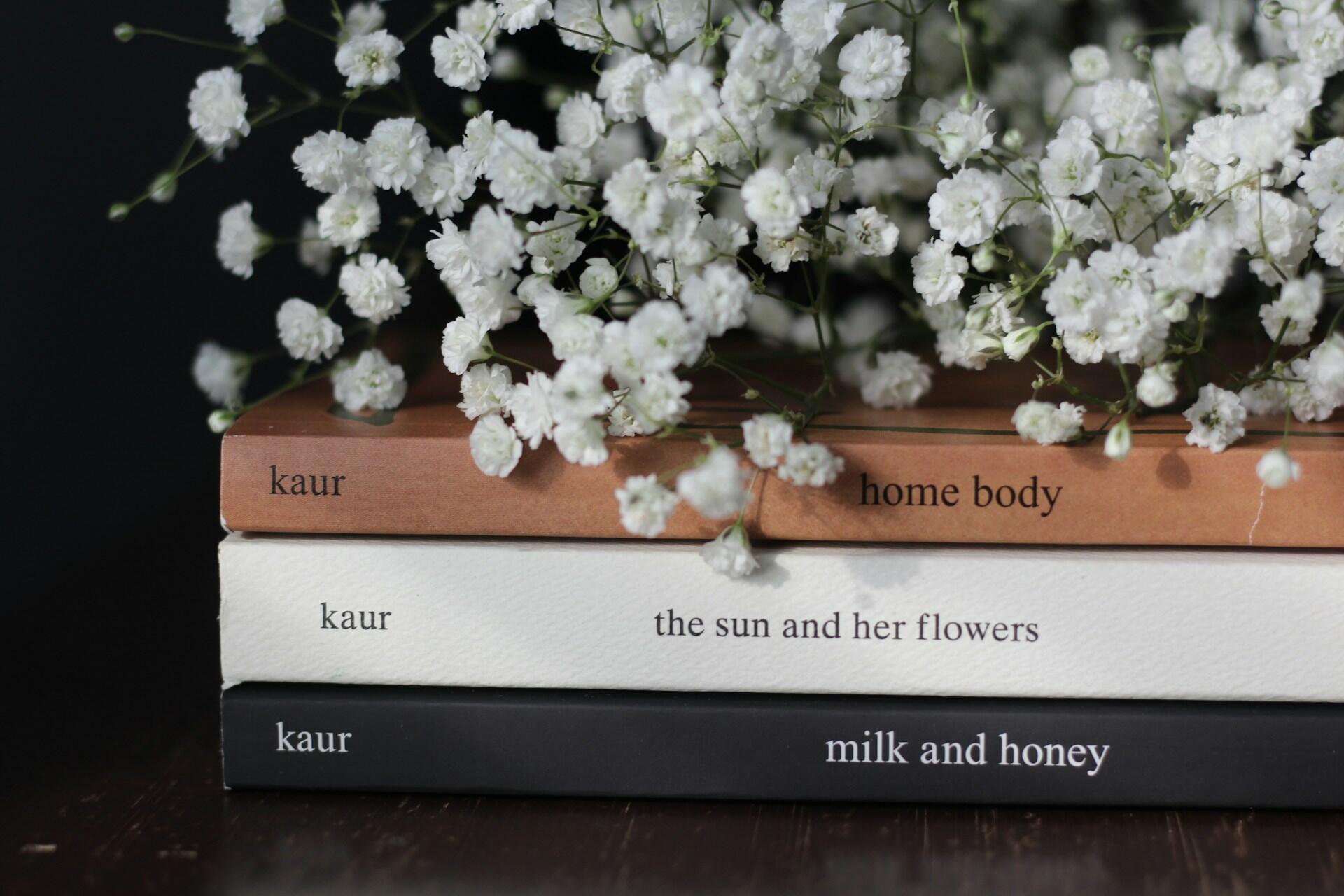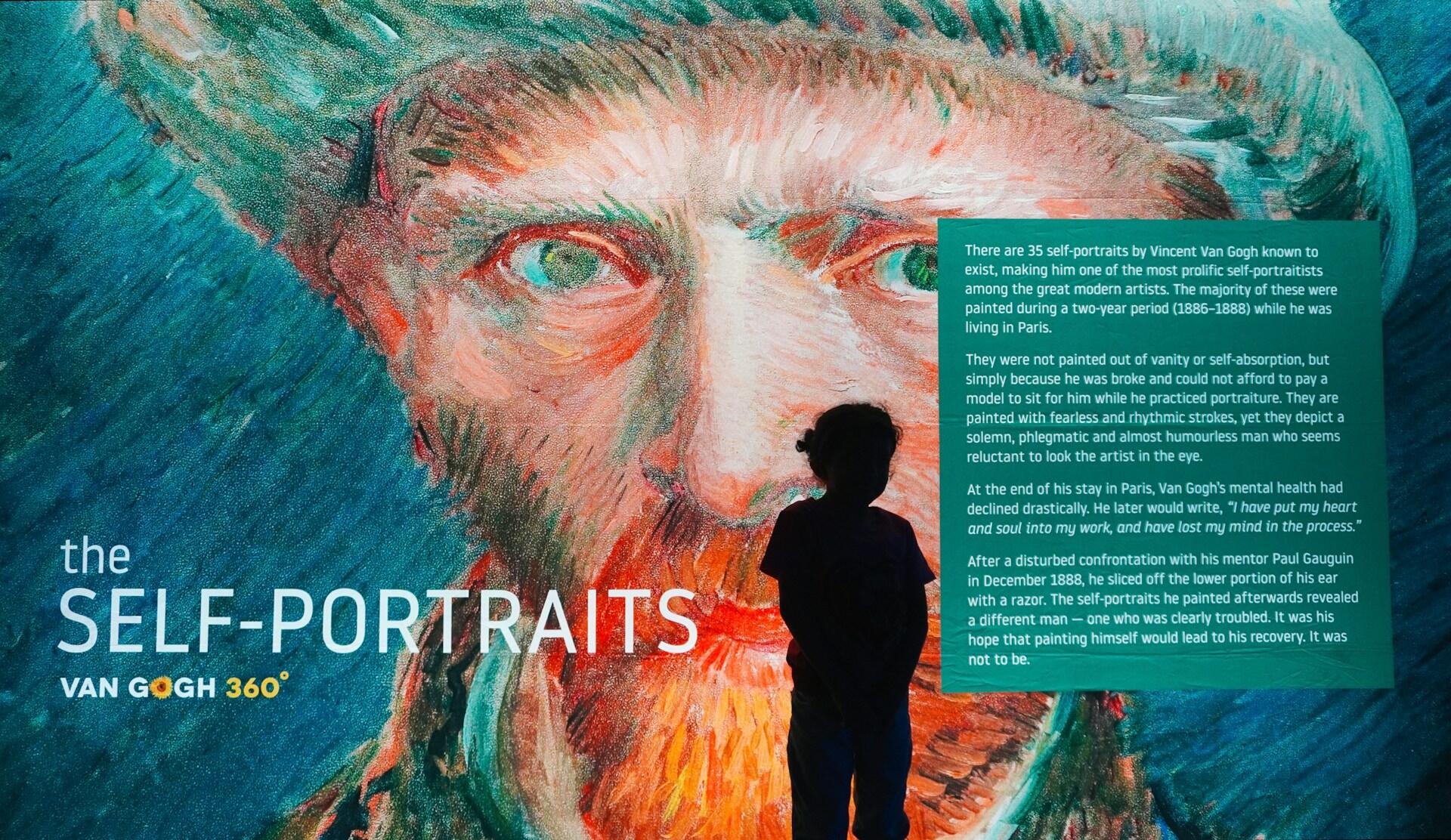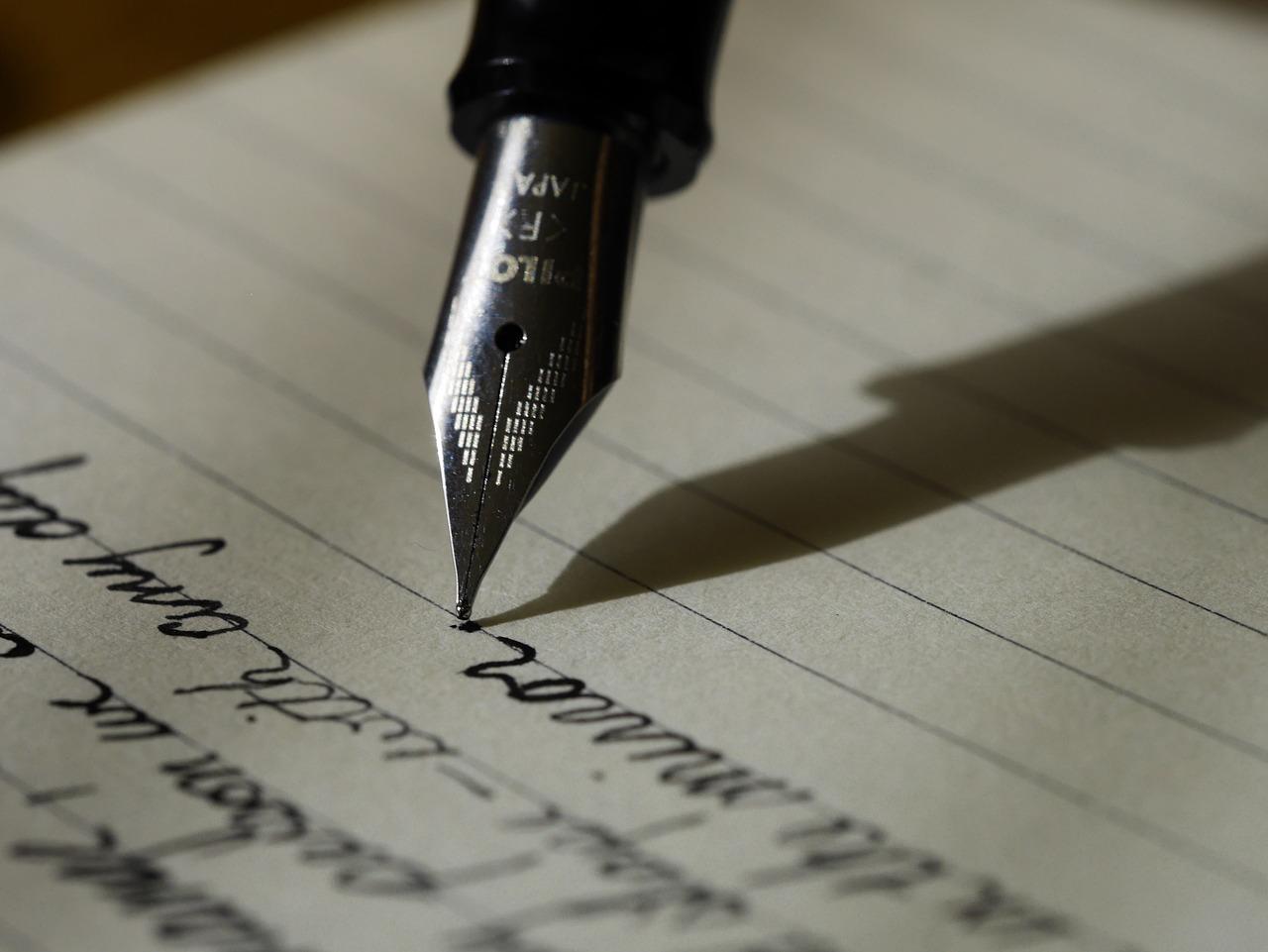How to write poetry for beginners
- Learn about different poets, poem forms and structures
- Cultivate your poetic voice through different subjects and literary devices
- Explore different practical poetry writing exercises
- Revise your poetry and share your work to receive feedback
Do you know what Lana Del Rey, James Franco, and the late Jimmy Carter have in common apart from being celebrated public figures? The three of them have published their own poetry collections, despite not being professional poets. While this implies that everybody can write poetry, the process of starting can be difficult, like a maze to navigate without a clear sense of direction.
In this article, master the ways to start writing poetry as an absolute beginner, how to develop this skill comprehensively, and effective methods to elevate your poetry-writing techniques to the next level.

🪶Getting Started with Poetry Writing
If you’re very committed to writing poetry or want to learn how to improve the poems you have written, then you must expand your knowledge of poetry as a subject. Just like any skill, research can really pay dividends when it comes to improving your craft.
📜Embracing the World of Poetry
The easiest way to start is by taking some time to read a diverse range of poetry and see how other poets have crafted charming or captivating stories. You can read:
- old and contemporary;
- up-and-coming poets, such as Rupi Kaur; or
- established poets, such as Kei Miller.

Essentially, no poem is a bad poem to read when you’re looking to improve your writing! Try to read poetry aloud as well, to understand how the poem flows when spoken. Regardless of whether you're reading a haiku, a free verse poem, or a poem with plenty of alliteration, metaphor or rhyme, reading poems out loud is a core skill that's worth developing.
It may also be worth taking some time to think about the style of poem you would like to write. For instance, if you’re relatively new to poetry writing, or haven’t written for a while, then you may like to start by writing a narrative poem, which is a common type of poetry seen today, although it was also a popular type of poem in the past as well.
Narrative poems tell a story. They can be long poems about epics that inspire the reader, such as the Odyssey, or they can be short.
Most narrative poems have a beginning, middle, and end, and feature a strong narrative voice, as well as strong characters.
It’s crucial to develop a strong writing voice to evoke as many feelings in the reader as possible.
Try to pick a topic that would be particularly engaging from a literary perspective, real or made-up, that you think would capture the attention of your audience.
It may be a good idea to keep the length of the poem short first.
Generally, modern narrative poems do not need to rhyme, so don’t feel any pressure to include rhyming words if you’re not comfortable.
📝Understanding Poetic Forms and Structures
One way of learning how to write a good poem is to study different poetic forms and structures. Poetic form refers to the type and style of a poem, whereas poetic structure refers to the overall arrangement of a poem.
Haiku: Composed of 3-line, unrhymed poetry with a theme on nature and imagery
Even in Kyoto,
Hearing the cuckoo’s cry,
I long for Kyoto
Iambic pentameter: A type of rhythm in poetry where each line has 10 syllables
The rhythm follows soft-strong beats like da-DUM da-DUM da-DUM da-DUM da-DUM
Once you have mastered various poetic forms and structures, you can begin to craft and develop your poetic voice to reflect your tone, unique qualities, and writing style.
🎙️Developing Your Poetic Voice
A significant element when it comes to writing poetry for beginners is to develop your poetic voice. Think of your poetic voice as a connection or a bridge between you and your readers. A distinctive and memorable poetic voice will help your readers to understand what you are trying to convey. Poetry forms and structures are a way to create your personal style, as they give you a guideline on how to arrange your stanzas and adopt certain rhyme schemes, like ABABA, for instance.
After establishing the line arrangement of your poem, you can then delve deeper into its subject matter and enhance your language using various literary devices.
💭Finding Inspiration (for your subject matter)
You may have wanted to start writing poetry for some time, but for one reason or another, the words just don't come easy and you're constantly staring at a blank page.

Although there’s no fool-proof way to start writing a poem, there are a few ways you can approach those initial lines.
For example, try thinking about what you’ve done over the past few days – is there anything you experienced during that time that you would like to write about?
Another way of getting the creative juices flowing is to think about a conversation that you overheard and try to capture that in verse, or describe an object sitting on your desk. Alternatively, write about a recent dream that you had.
When you draw from personal experience, it’s usually easier to connect to your words and helps them flow that little bit more effortlessly. Other ideas include:
- Write about a childhood memory, good or bad, that you’d like to capture;
- Try and describe your favourite colour; or
- Write a poem about the last poem or book you read, and how it made you feel.
🌅Experimenting with Language and Imagery (literary devices)
To enhance your poetic voice, you can use language and literary devices, like imagery to make your narrative more vivid and meaningful. It’s the way we use certain words or phrases to engage the reader’s senses, allowing them to visualize the scene and feel a deeper emotional connection to what is written. Here are different types of imagery that you can use in your poetry.
| Types of imagery | Definition |
|---|---|
| Visual imagery | Description that forms a specific image in your mind, like colours, shapes, sizes, and brightness. |
| Gustatory imagery | Description that helps readers imagine a specific taste from a specific food, or a particular memory, whether it's bitter, sweet, sour, spicy or savoury. |
| Auditory imagery | Description that evokes a sound whether it's through music, noise, or even the absence of sound. Some common examples include the sound of nature like river movement, birds chirping, or even thunder. |
| Kinesthetic imagery | Description of any motion or movement, whether it's for an object (like a car) or a human (walking or running). |
| Olfactory imagery | Description of any particular smell, ranging from pleasant fragrances or unpleasant odor. It could be the smell of a comfort food or the smell of old furnitures. |
| Tactile imagery | Description that appeals to the sense of touch. This could be anything tangible like texture, physical pressure (pressing), or even cold sensations. |
| Organic imagery | Descriptions that refer to internal experiences ranging from hunger, thirst and also inner emotions like anger, fear, and love. |
📝Practical Poetry Exercises for Beginners
Ultimately, writing is a highly organic process that is unique to each individual. So you may find the writing approaches that work for one poet or writer may not work as well for you. The trick is to try out a range of different writing exercises to see which poetry techniques help encourage you most when it comes to writing. Even if you’d prefer to write about something completely fictional, try and write a few lines about that event, and see whether you’re inspired to continue writing.
As long as you commit the time to write and try out different approaches, you’ll end up finding, or stumbling, on a writing method that works for you. Here are four practical exercises to help improve your poetry writing skills as a beginner.
🌟Freewriting Sessions
The key here is to start writing freely without worrying about the right structure or grammar. Cultivate a writing momentum by setting a timer for 5-10 minutes and writing continuously. This specific timeline helps you to focus on the act of writing instead of the subject of writing. Simply let your ideas flow and be prepared to be surprised by how limitless your writing can be!
I have never started a poem whose end I knew. Writing a poem is discovering.
Robert Fost
🌟Word Bank Challenges
Next, you can come out with a list of random words and craft a poem that incorporates all of them. It could be anything from food, activities, music, emotions, or even a scientific term, if you want. For example, you can use three words to write a poem: sky, strawberry, song. (Perhaps you can try this out and write your poem in the comments below!)
These word challenges can act as sparks of inspiration and stimulation where you dig deep into your conscious thoughts, past memories or even vivid imagination to create something that is uniquely you. Important tip: You can start compiling these random words in a physical notebook or digital folder so that you can use them anytime.
🌟Ekphrastic Poetry
For those of you who love browsing visual images, you can try out this exercise. What you can do is gather some visual art pieces (painting, drawing, sculpture) or photographs and come out with your own descriptive language and interpretation for each of them. For instance, if you are a fan of Van Gogh, you can write a poem based on how you interpret some of his paintings.

🌟Imitation Exercises
A way to start this exercise is to select one of your favourite poems and write a new piece by mimicking its style, structure, or theme to understand different poetic techniques. For instance, if your favourite poem is I Wandered Lonely as a Cloud by William Wordsworth, you can come out with a poem which imitates its number of syllables in a line, punctuation, and vocabulary.
Original poem
I wandered lonely as a cloud
That floats on high o'er vales and hills,
Imitation exercise
I roamed aimlessly as a bird
That flies on top of mountains and skies
🔥Refining and Sharing Your Poetry
Most of the time, pre-published poetry and texts go through multiple rewrites and edits before they get to a point that’s ready for publication. This golden rule applies just as much to poets as it does to fiction or non-fiction writers. Rarely, if ever, is a first draft the best expression of what that text could be.
As we usually only get to see a writer’s final product, it can be easy to fall into the assumption that the poem or text just happened to be written that way with no revisions.
📖Revising Your Work
Let's not underestimate the power that revision and editing can bring when writing poems, especially to create clarity, rhythm, and emotional impact.
Don’t like a particular line or sentence? Then remove it! Feel that something could be said better? Try and rewrite the line a few times and see what works, and read your poems aloud to catch inconsistencies and improve flow.
🗣️Seeking Feedback
If you’d like any more tips to improve your poetry writing, or would like a second pair of eyes to take a look over set phrases or a recent draft of your work, then feel free to reach out to a trusted friend or even a writing groups or workshops to receive constructive criticism and also multiple perspectives. Sometimes, we can get trapped in our own blind spots.

Additionally, you can even hire an experienced English tutor to teach you the right poetry writing techniques and also offer you personalised feedback on your skills.
Superprof has a range of English tutors available, with experience in teaching poetry for a range of experience levels.
All you need to do is head to the Superprof Canada homepage and start browsing the tutors' profiles. From each tutor's profile, you can view their tutoring experience, tutoring qualification, tutoring methodology, tutoring mode (physical or online lessons), online reviews of past students, and hourly rates.
Through these tips and lessons, you'll soon know how to start a poem and write a good poem — mastering poetry writing has never been so easy!
Summarize with AI:
















